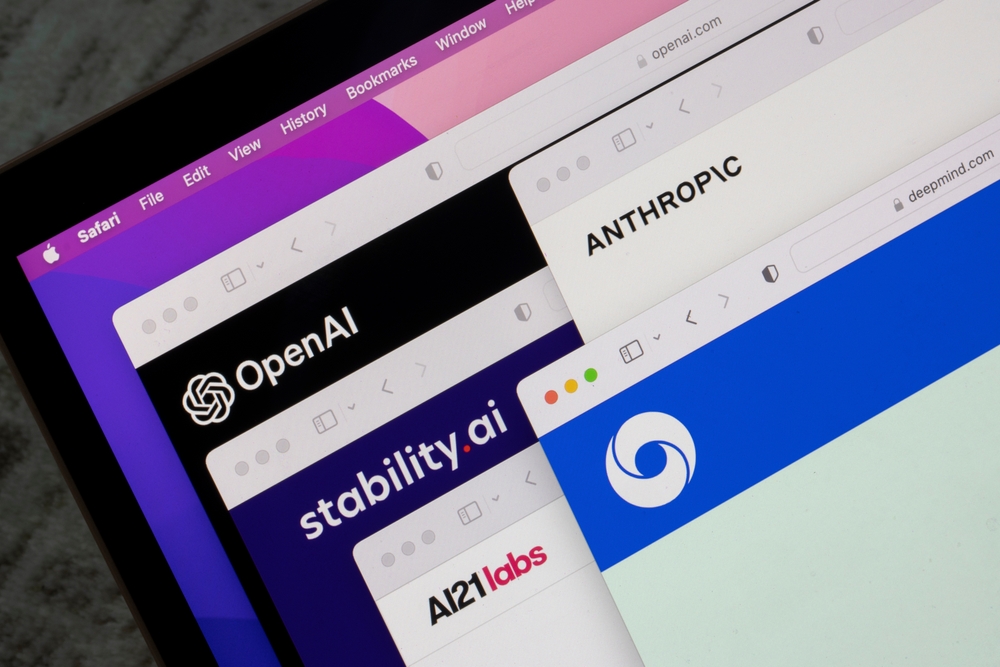Generative AI’s explosive rise seems to be leveling out as the technology begins to embed itself into our everyday lives.
Last year, the release of generative AI products was met with a mix of astonishment and trepidation.
The tech world, particularly Silicon Valley, has begun ramping up investment and expenditure in a bid to claim the nascent AI sector as its own.
AI has inspired eutopic visions in some and the opposite in others. Narratives surrounding the technology’s potential benefits to humanity were balanced with concerns about its implications, such as job losses, deep fakes, and possibly even extinction-level events.
As we head towards 2024, there are signs that generative AI is already settling into a status quo, and big tech has a fight on its hands to ensure the next generation of models is unconstrained by regulation.
Governments worldwide are enhancing their regulatory measures, and creators are locked in battles over intellectual property rights. Concerns about potential privacy breaches by AI products, coupled with doubts regarding the reliability of AI chatbots, are surfacing.
On Reddit and other social media, people are locked in debate about players such as OpenAI, which has become a somewhat polarizing force in the AI sector.
CEO Sam Altman’s claims about regulation have sometimes been perceived as disingenuous, and recent surveys reveal that many people want AI development to slow down and don’t trust tech leaders.
Market trends are reflecting this shift in public sentiment. Despite Microsoft’s significant investments in integrating AI into Bing, the tech giant has yet to make a notable dent in Google’s overwhelming market share.
ChatGPT is experiencing user attrition, and a lingering debate surrounding the chatbot’s output quality is putting businesses off developing tools with its API.
Meanwhile, OpenAI’s ChatGPT shows signs of slowing momentum, as reported by a dip in website traffic and app downloads – albeit this will need to be sustained for some time to be particularly noteworthy.
New norms and futuristic beginnings
AI’s tremendous acceleration has seen the technology move from the fringe to something millions of people use daily.
Like any penetrative technology, people tend to become desensitized over time – or at least until the technology reaches its next generation.
AI might defy the trajectory of other transformative technologies as it can be embedded into virtually any process.
Rather than having an AI for text, an AI for images, and so on, the AI models of the future will be ‘general agents’ capable of performing a wide selection of tasks from the same interface.
Plus, as the cost of training AI models decreases, it will likely move from the confines of data centers – accessible through apps and web browsers – to portable devices and robots.
So, while there are some minor indications that the initial hype produced by generative AI is starting to fizzle out, the technology still has plenty of surprises in store for us.





